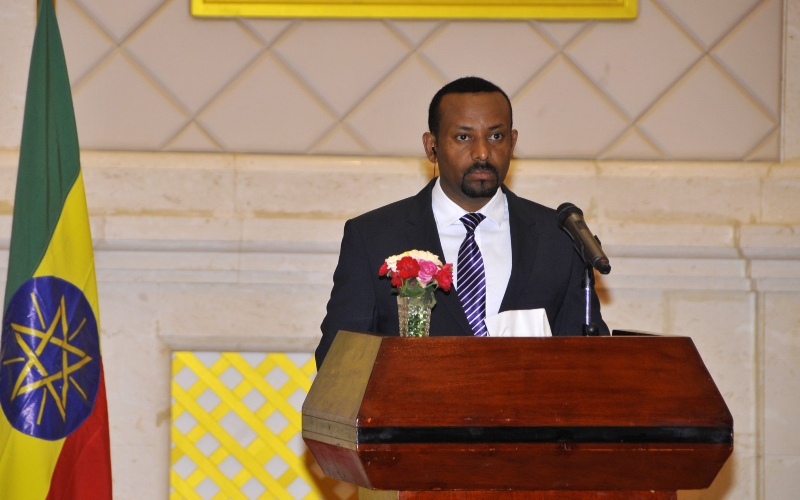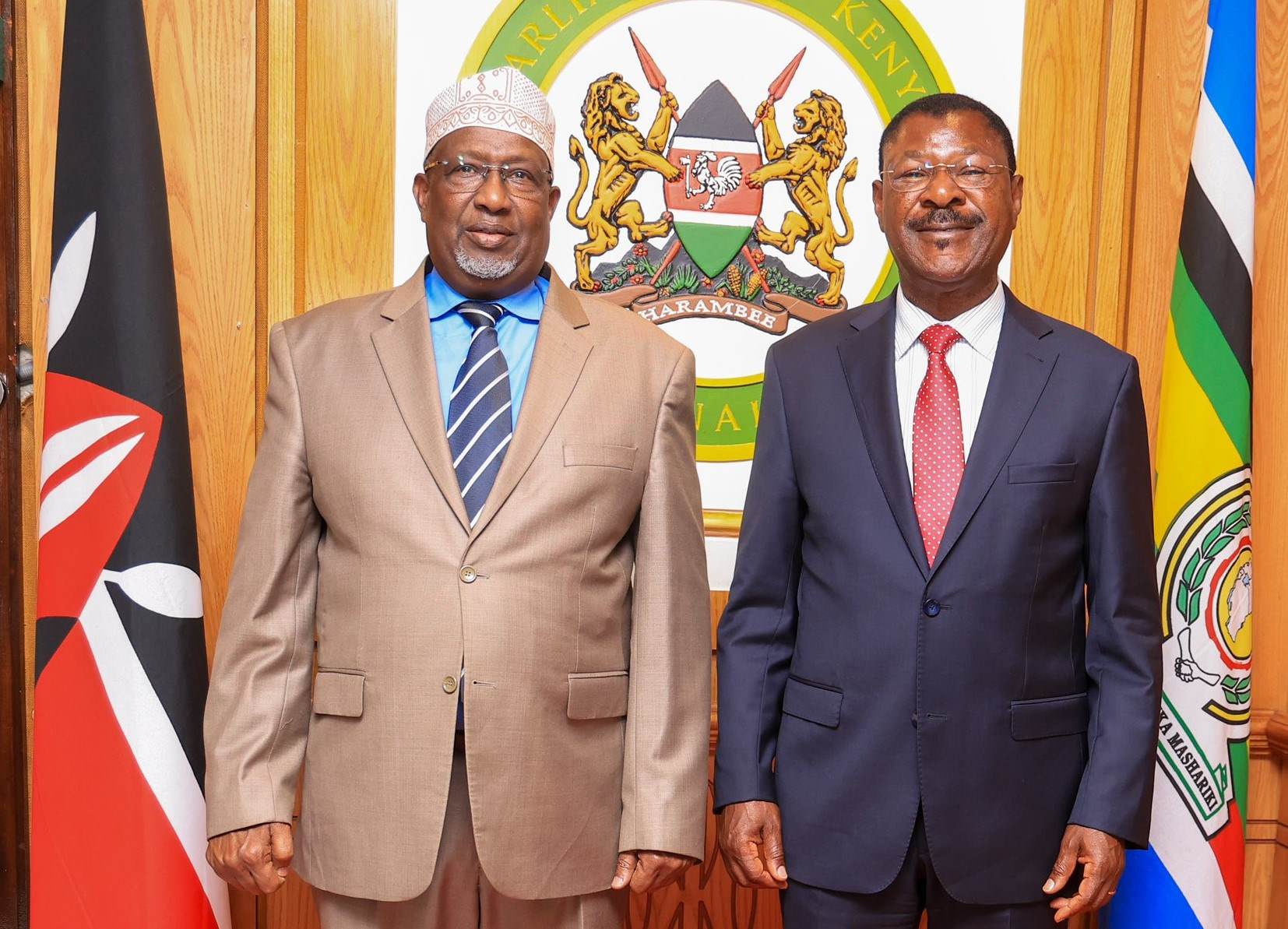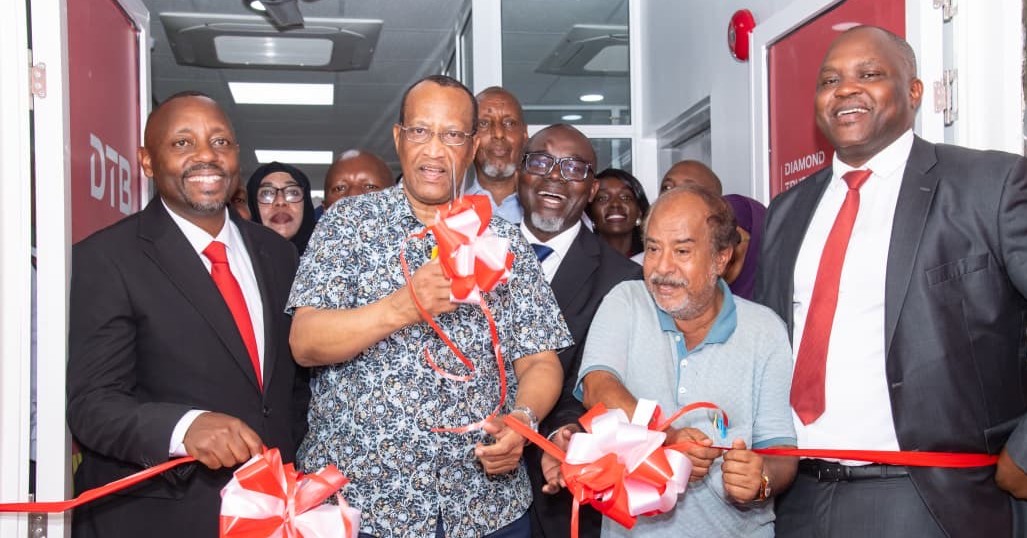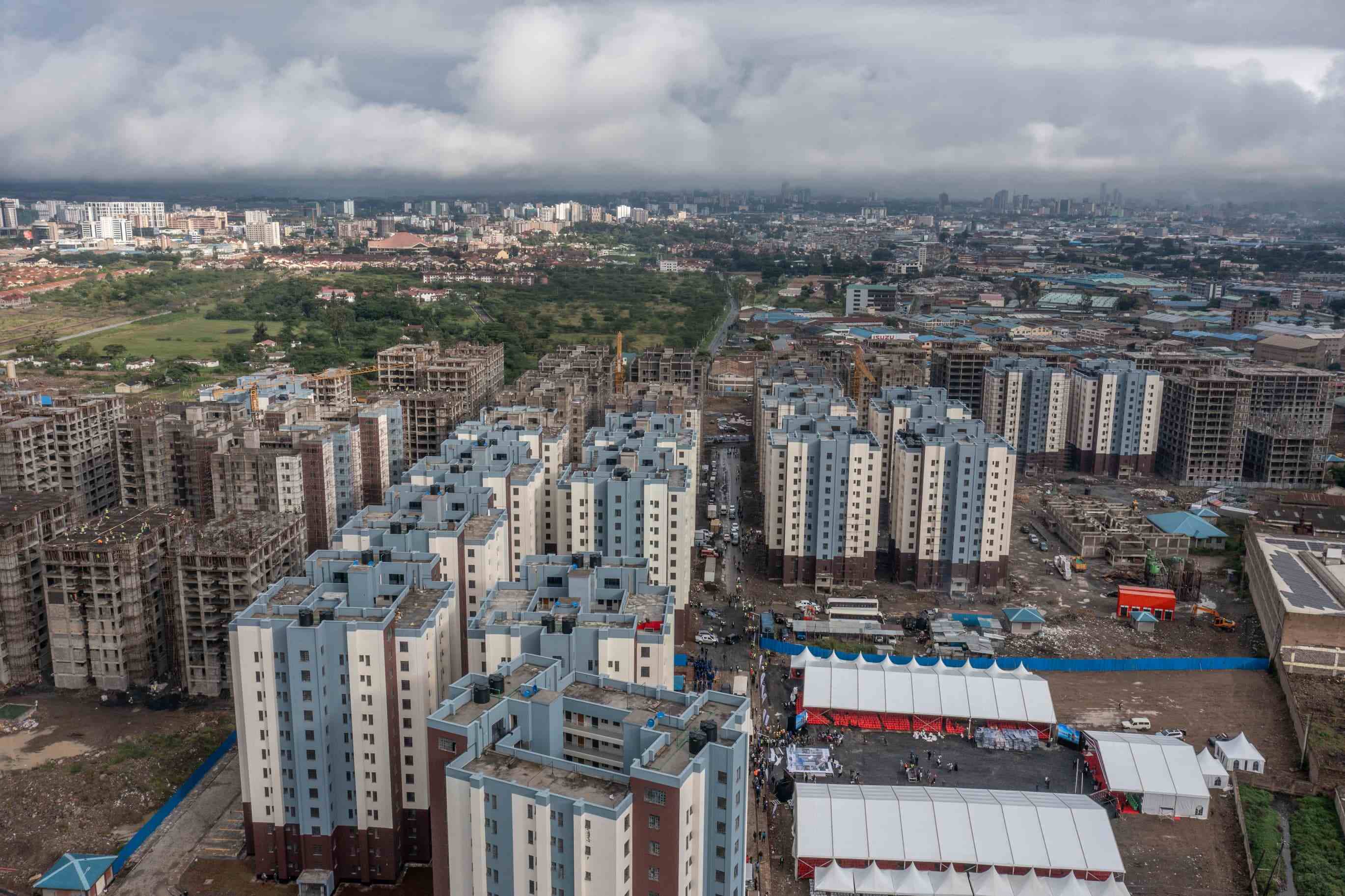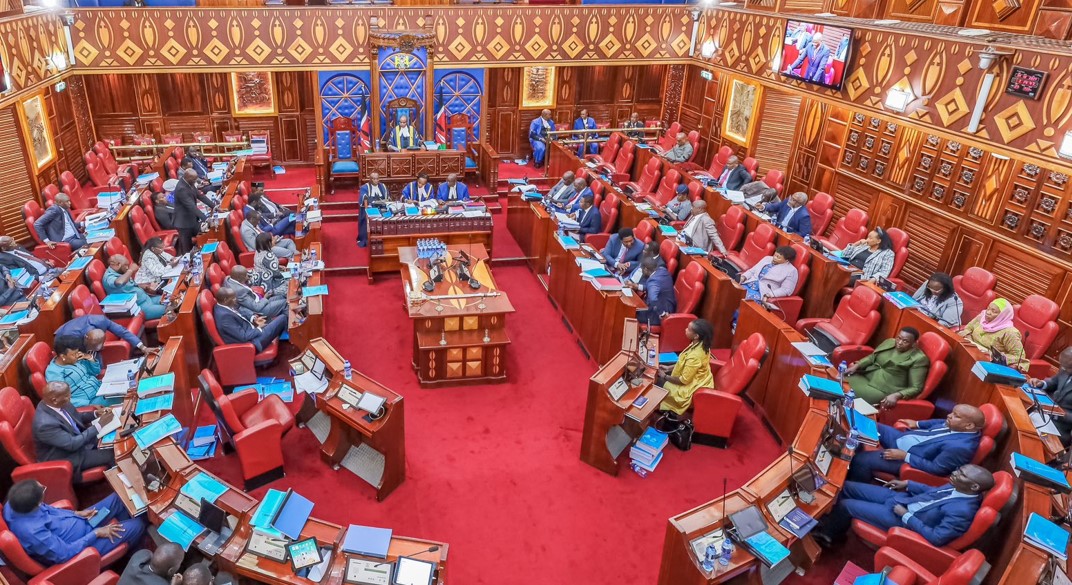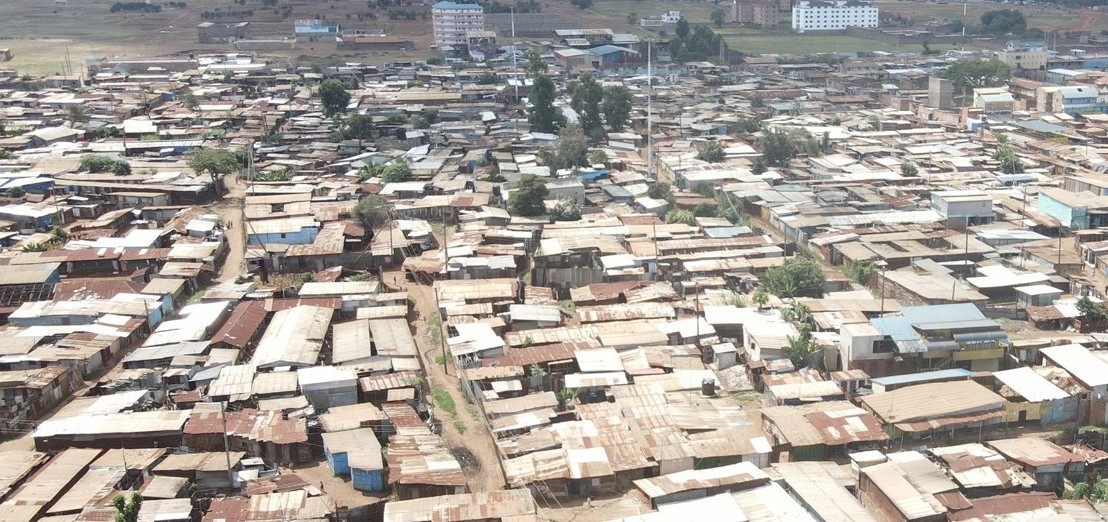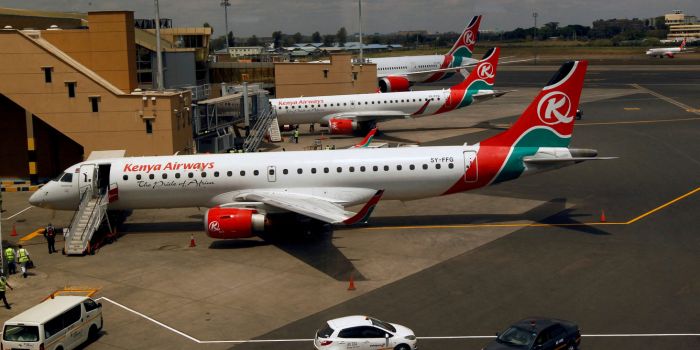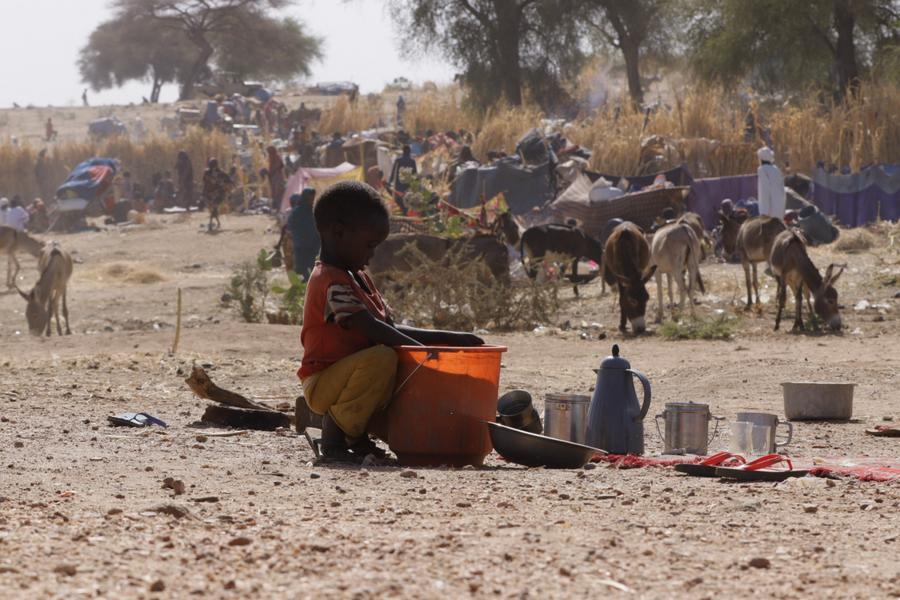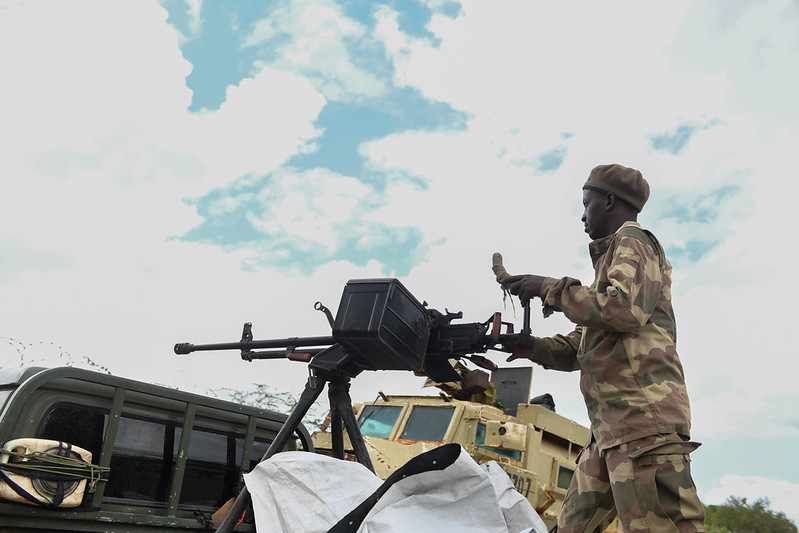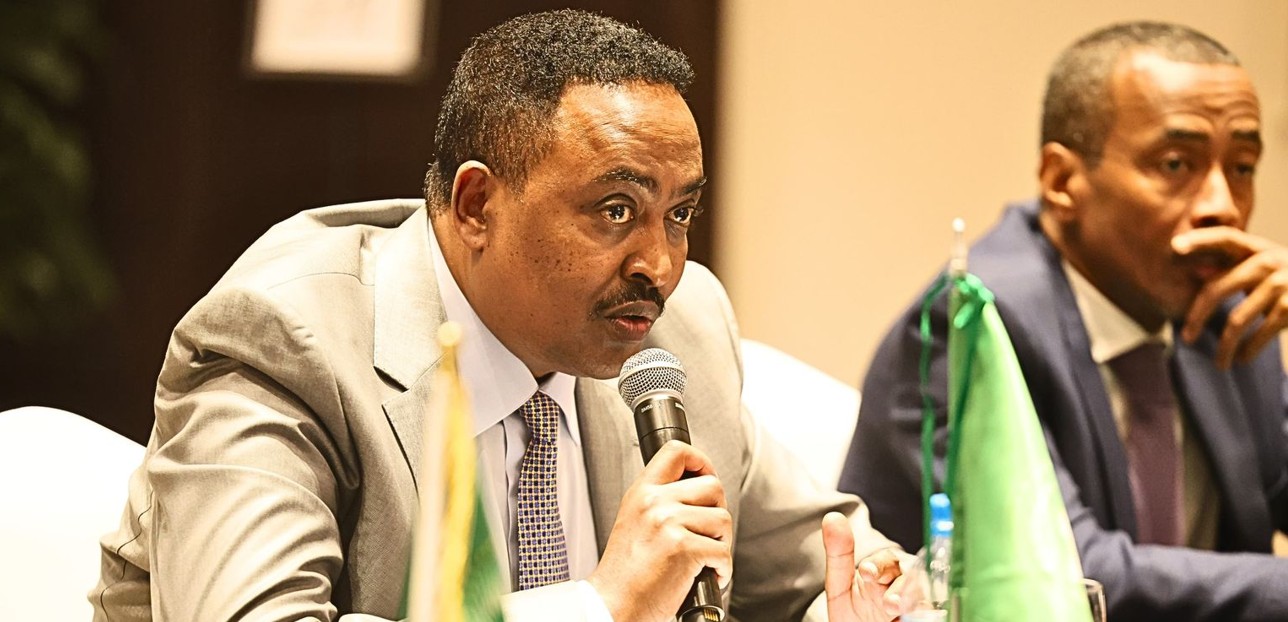Allies of warring Sudan generals ‘enabling the slaughter,’ UN Security Council hears

DiCarlo condemned not only the RSF attacks but also the indiscriminate airstrikes by the Sudanese Armed Forces (SAF) in civilian-populated areas such as the capital Khartoum and El Fasher.
The people of Sudan face an ever-deepening crisis as the relentless war between rival militaries pushes the country further into chaos, the UN’s top political affairs official told the Security Council on Tuesday, underscoring that a ceasefire and a negotiated political solution remain the only viable path to peace.
“Sudan is trapped in a nightmare,” Rosemary DiCarlo, UN Under-Secretary-General for Political Affairs told ambassadors, echoing the grim declaration made by the Secretary-General two weeks ago.
More To Read
- Quad initiative seeks immediate humanitarian truce, political process to rescue Sudan from collapse
- UN aid office pushes for ‘unhindered’ humanitarian access in Sudan
- Kenya reaffirms commitment to political solutions for regional conflicts
- Families in Sudan ‘running out of time’ as hunger spreads
- Thousands flee, RSF pushes east as Sudan conflict escalates across Darfur and Kordofan
- Sudan’s war-tested university: How Mashreq kept students learning amid conflict
The latest surge in violence has been especially brutal, notably in eastern Aj Jazirah state (also spelt Gezira), where the paramilitary Rapid Support Forces (RSF) launched assaults described by non-governmental organisations (NGOs) as among the most severe of the war so far.
Civilians have borne the brunt of these offensives, with countless lives lost, homes destroyed and communities displaced. Reports also indicate shocking violations of human rights, including widespread sexual violence against women and girls.
Both sides responsible
DiCarlo condemned not only the RSF attacks but also the indiscriminate airstrikes by the Sudanese Armed Forces (SAF) in civilian-populated areas such as the capital Khartoum and El Fasher, a major city in North Darfur hosting thousands of internally displaced which has been besieged for months by the RSF.
“Both warring parties bear responsibility for this violence,” she stressed.
She added that as the rainy season nears its end, both sides continue to escalate their military operations, recruit new fighters and intensify their attacks, fuelled by “considerable” external support and a steady flow of arms.
“To put it bluntly, certain purported allies of the parties are enabling the slaughter in Sudan. This is unconscionable, it is illegal, and it must end.”
Immediate ceasefire needed
Calling for an immediate ceasefire, DiCarlo underscored that an end to fighting is the most effective way of protecting civilians.
“It is long past time for the warring parties to come to the negotiating table. The only path out of this conflict is a negotiated political solution.”
While rival militaries might not be ready for a negotiated settlement, Sudan’s partners have a responsibility to press them to work for one, she said, commending the African Union (AU), the regional development body, IGAD, and the international group supporting humanitarian efforts and peace talks, ALPS – for their attempts to bring the rival generals to the negotiating table.
The UN will continue to engage with warring parties through Ramtane Lamamra, the Personal Envoy of the Secretary-General for Sudan, including through regional visits and proximity talks, she added.
Spiralling humanitarian crisis
The situation in Sudan has been in a freefall since the war erupted last April.
It is now the world’s worst displacement crisis, with more than 11 million people driven from their homes – nearly three million among them into neighbouring countries as refugees, according to the UN Relief Coordinating Office, OCHA.
The war has also unleashed a severe hunger crisis, affecting millions. Large swathes of fertile croplands lay fallow as families have either fled for safety or lack seeds, fertilizers and other necessities.
The latest analysis by the Global Food Security Tracker, or IPC, found that more than 750,000 people were facing the very highest levels of food insecurity and potential widespread famine.
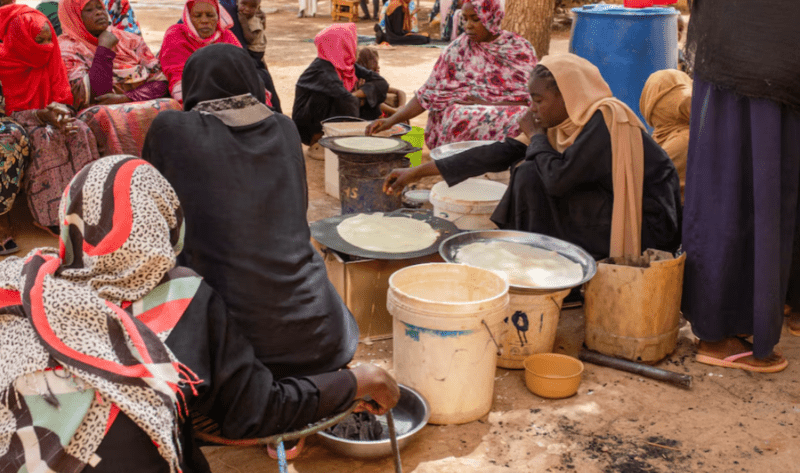 Sudanese women from community kitchens, run by local volunteers, prepare meals for people who are affected by conflict and extreme hunger and are out of reach of international aid efforts, in Omdurman, Sudan, May 13, 2024. (Reuters)
Sudanese women from community kitchens, run by local volunteers, prepare meals for people who are affected by conflict and extreme hunger and are out of reach of international aid efforts, in Omdurman, Sudan, May 13, 2024. (Reuters)
Communities cut off
Access to aid workers and supplies also remains a major challenge.
Ramesh Rajasingham, Director for Coordination at OCHA, told ambassadors that humanitarian organizations “remain unable to reach the vast majority of people in conflict hotspots across Sudan at anything approaching adequate scale.”
“Some areas are completely cut off. Others can only be reached after navigating complicated procedures that delay and impede deliveries.”
While the reopening of the Adre border crossing between Chad and Sudan is a much-needed respite, it alone is not sufficient, he added, noting that the UN’s ability to access key areas across conflict lines from Port Sudan on the Red Sea, remains severely limited.
“We urgently need the parties to ensure the safe, rapid, unimpeded movement of both relief supplies and humanitarian personnel via all available routes, with the maximum possible flexibility,” he urged.
Socio-economic fallout
Meanwhile, the UN Development Programme (UNDP) warned that the socio-economic outlook of the country is growing more dire by the day.
Full-time employment across Sudan has plummeted by half and only one in seven urban households have access to the health services they need.
In a new report released on Tuesday, UNDP emphasised that with two-thirds of the fighting concentrated in cities and towns of over 100,000 inhabitants, understanding the impacts of the war on urban livelihoods is crucial to address both immediate economic challenges and long-term development obstacles.
“This study reveals significantly deepening vulnerabilities that Sudanese urban households are facing today on many fronts. No single intervention can adequately address this unfolding and multifaceted development crisis,” said Luca Renda, UNDP Resident Representative in Sudan.
“Expanding immediate short-term humanitarian relief is critical, but it will not be sufficient. It must be coupled with longer-term, development-focused interventions that can help foster resilience and enable recovery.”
Top Stories Today


